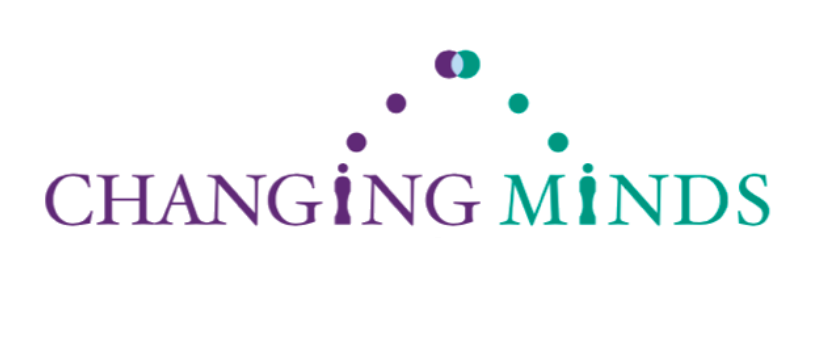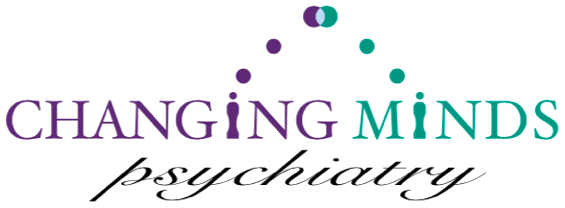Psychopharmacology Treatment
A major aspect of the treatment process for mental health disorders is going to be medication. For some individuals, the use of medication can be a cause for concern, especially if they are unsure as to how they are going to react to certain psychotropic meds. Many individuals may be hesitant to take any type of medication because they fear the potential side effects. Their heads are filled with thoughts of a future where they imagine themselves in a zombie-like state because the doctors have them so hopped up on meds.
While it is possible for some individuals to experience some side effects, psychotropic medications can be a life saver for many who are struggling with mental health illnesses, such as schizophrenia or bipolar disorder. Medications help to treat the symptoms of mental health disorders which makes it easier for individuals to focus on the therapeutic aspects of treatment. While medications do not cure a disorder, when combined with psychotherapy, they can help individuals get back to their highest level of functioning.
Medication works differently for everyone, some working better than others, which is why prior to starting your treatment regimen, you will complete a thorough psychological and medical evaluation. The process of finding an appropriate medication always includes the patient, his or her family members, and psychiatric care providers working together to make sure the medication is prescribed in a way that supports the patient’s personal recovery goals. All those involved should be provided with sufficient information that will help them choose medications based on current evidence and outcomes. Your specific disorder and lifestyle needs will help to determine which type of psychotropic medication you will be prescribed. Results will be monitored. If a medication is not working for you, other types of medication can be tried until one is found that provides the best results.
Even though you may feel better, it does not mean that you are cured; it may simply mean that your meds are working, and it is imperative that you do not discontinue using them. Medication compliance is can be a challenge. It is common for individuals to forget to take medication or to forget which medication is supposed to be taken at what time. This is especially true for individuals that are taking more than one medication. Here are some solutions that may help with medication management:
Use pill boxes: this allows you to put your medication into different sections so that you can just open the right section at the right time and take all the pills in that section.
Signs: placing signs around the house can help remind someone to take their medication.
Lists and schedules: make a weekly schedule that includes medication that needs to be taken as well as the dosage and the time that it is to be taken.
Timers and alarms: setting an alarm so that when it goes off you know that it is time to take your medication.
In addition to medication compliance, it is also important that you check in regularly with your psychiatric care provider so that they can ensure that your medication continues to be effective. Sometimes, as our bodies change, medication must be altered to work more efficiently. Be sure to inform your provider of any side affects you are experiencing, so that proper adjustments can be made.


